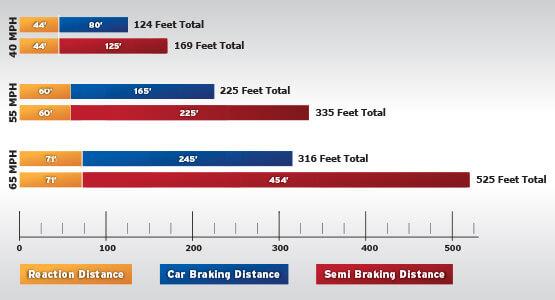rruff
Explorer
All it takes is some adjusters with a little training for people to lose a lot of money.
I've yet to find an actual law against an individual being over GVWR. Even at weigh stations where they are pulling over and weighing everyone, you get a pass unless they determine you are commercial. They care about commercial users because they tax them.
Safety is another matter entirely. Every truck hailing a camper is unsafe compared to a decent sedan or SUV... but most trucks+campers are safer (able to maneuver and stop better) than perfectly legal trucks towing big campers, big RVs, and bigger trucks. I mean seriously... they let a 85 year old pilot a monstrous land yacht with no training; perfectly legal. So what is the "standard" for safety? There appears to not be any. If the lawyers had any legal basis for getting obsessed about this, I'm pretty sure they'd already be all over it...


